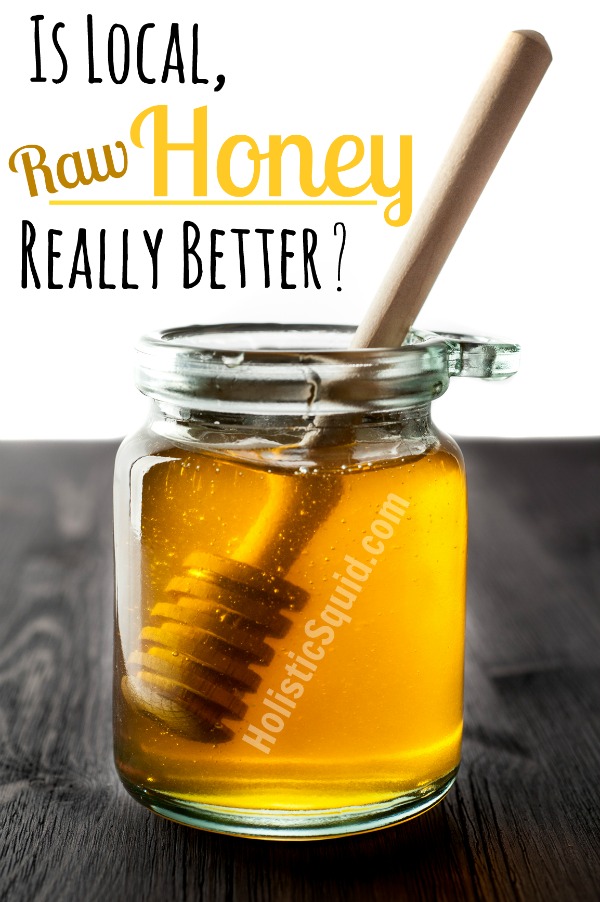
Raw honey is better than white sugar – and processed honey is not.
Honey has been credited for everything from curing hay fever to healing infected lacerations and has been used since ancient times as a medicine and sacred food. But before you go squeezing your honey bear and honey packets into your morning tea, we need to clarify that your honey must be RAW in order to have maximum super powers.
All the good in raw honey
Raw honey is never strained, filtered or heated about 115 degrees fahernheit (the average temperature of a bee hive). As such, this honey is rich in antioxidants, enzymes, vitamins and minerals (including vitamin C, B vitamins, magnesium, potassium, calcium, sodium, sulphur, and phosphate) many of which would have been destroyed in the pasteurization process.
The cocktail of micro-nutrients and enzymes found in honey give this golden substance anti-bacteria, anti-fungal, and anti-viral properties.
When in the raw, the regular consumption of honey has been shown to boost antioxidant levels (source), speed the healing process of ulcers and burns (source), and even protect against some types of cancer (source).
Raw honey has been said to help with digestion and healing allergies too (source). So while raw honey and sugar both contain glucose and fructose, our raw liquid gold is a nutrient dense food.
Just as good grey sea salt is far healthier that iodized table salt, raw honey beats the buzz off of regular white sugar in both nutritional content and effects on the body.
While some processed honey may share the same color and consistency as its raw cousin, the reduced nutrients and lack of enzymes in processed honey mean that it will be digested much in the same way as junky white sugar.
BUT, having said that, you will still be better off using raw honey in your hot tea, and even baking with honey instead of white sugar, as some of the vitamins and mineral will not be destroyed with heat. In the case of cookies, cakes, pies, and jams, however, you may choose to have some less expensive ‘cooking honey' (that is not raw, but also not highly processed) on hand and save the pricier raw honey for when the enyzmes and antioxidants will be of optimal use in your body.
What are the benefits of local raw honey?
I'm sure you don't need a birds and bees lesson from me, but when bees make honey, they bring nectar and pollen from flowers back to their hive and get busy. The tiny bits of these pollens are transmitted, in broken-down form, into the honey. It is believed that the pollen in honey works to prevent allergies, much in the same way that a vaccine introduces a minuscule amount of the offending virus into the person's body stimulating immunity to develop.
For those who suffer from seasonal allergies, consuming local raw honey may be your answer to relief – or not. The votes are split here with anecdotal evidence shouting success stories from the rooftops and the medical world claiming snake oil. Interestingly, the type of pollens that trigger most seasonal allergies are air-borne (from non-flowering plants that are not involved with the bees' business), and therefore not logically linked to curing seasonal allergies. But mother nature works in mysterious ways, and based on all of the success stories floating on the winds, I wouldn't be surprised if the science behind the ‘honey cure' has just yet to be understood.
Frankly, I don't see any harm in including local, raw honey in your overall holistic regimen for healing allergies or asthma – as long you don't have any negative reactions to the honey itself. In general, eating local, seasonal, nutrient-dense foods is the easiest way to honor the wisdom of food as medicine.
What about Manuka and other specialty raw honeys from far away lands?
Though I'm a big proponent of supporting your local food shed, sometimes making an exception may benefit your health, and you may want to experiment with exotic honeys for their reputed superfood qualitites.
Manuka honey is all the rage in health food circles for its potent anti-bacteria properties whose unique chemical components have been trademarked as “Unique Manuka Factors” (UMFs).
If you happen to live New Zealand and Australia where the Manuka trees grow, you should be sure to enjoy the benefits of this superfood. For everyone else, get Manuka honey here.
What is your favorite liquid gold? Do you have a success story from using raw honey as a superfood?



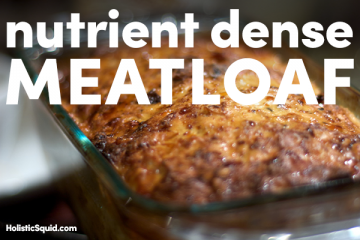
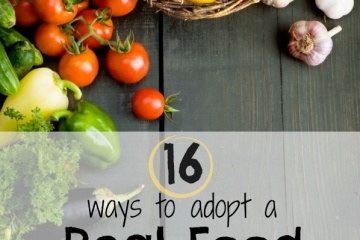
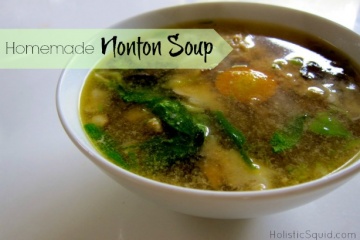
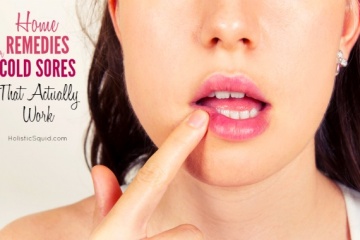

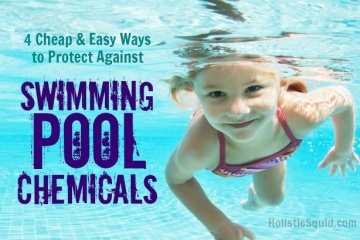
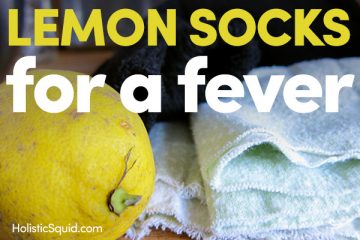


I use it to HEAL burns. Some honey and a bandage twice a day. Takes the pain away too.
I definitely have success using liquid silver as a means of immune support for my children. We even have a silver gel for cuts, scrapes, burns, etc. We use honey as well.
Raw honey is amazing! I did a sugar, avocado and honey scrub and accidentally found that the honey zapped the poison ivy! Now I put a dab of honey on poison ivy and cover overnight. Gone by morning!
I recommend Manuka honey for child birth wound repair. I also had a mystery rash on my chest. Put Manuka honeyon it , waited 15 minutes showered it off and the rash was gone the next day
Replacing sugar in recipes with honey is also very simple. You get the same sweetness and all the benefits listed above. Most chefs prefer sage honey for cooking.
Love the post! One thing, many growers take all of the honey from the bees and give them High fructose corn syrup to live on. This affects them in ways we don’t know. So I’m thinking about doing the homestead thing and getting my own hive and share the honey.
I am allergy free thanks to local raw honey! I know it doesn’t make sense logically since it was probably the trees that I was allergic too, but hey, if it works, why fight it! Amazing stuff!
I was told that I need to really limit the amount of raw honey given to my 2 and 3 year old children. Is that true? And if so, by how much? I haven’t had a chance to reasearch it, so if you have any information on it, that’d be great 🙂
Hi Rochel – The American Academy of Pediatrics recommends that children under 12 months don’t consumer honey because of the risk of botulism. I think your kids are in the clear. 🙂
How do I know if a honey is truly raw? I’ve been buying it from my local health food store and it says raw on the label, but it looks just like regular store bought honey. I’ve noticed other raw honey to be thicker and lighter in color…have I been scammed?!
It’s impossible to determine if honey is raw on sight alone. There are so many factors that effect the color, thickness and taste. The only way to know is to ask the beekeeper, look on the companies website or ask the shopkeeper.
I have found raw honey to be an answer to pain I have had for the last 5 years in my knees and has also stopped the weeping in my eyes that I have had continually for the last couple years. I take 2T raw local honey & 1t cinnamon twice a day in a cup of hot water. Once in the morning and once at night before bed. In a week and a half the pain has been cut substantially in my knees and my eyes no longer weep. Medication never seemed to work. I know this sounds crazy but I only know what has helped me.
We actually use the medical grade Manuka honey to treat wounds at the sea turtle hospital where I work. Good for humans and animals! I personally buy local wildflower & mesquite honey and it helps A LOT with allergies!
I have found raw honey to be an effective acne mask that also creates a more even skin tone – especially when used regularly.
Me too! I just started using my local, raw honey to clean my face and it is wonderful. My skin is clearer and feels so nice.
I am a believer and a user of raw honey. My family and I prefer to use raw honey that is local in support of our local businesses and also we personally know the bee keepers. We recently discovered a website that herbal infuses their honey blends. Some with cinnamon and some with ginger. They offer a variety of spices and blend upon ordering. (www.sahabisweets.com) Raw honey exceeds commercial honey any day. It is a crime that these processed honeys dominate the supermarkets. Maybe one day their will be stricter laws making these companies actually mention the added ingredients into their so called honeys.
I started keeping bees for my garden, but the honey has been a wonderful side benefit. It is a bit different with every harvest, and it does make a difference in our health.
Hi Katherine – that’s lovely! Thanks for sharing!
where can I find this true wild honey from the Philippines that you mention on the post. the link leads to the village marketplace but still can’t find the sweeteners tab. any help would be very much appreciated! thanks.
After my stroke, I have tea with raw honey, feeling great. Workout 2 hours a day sleep 7-9 hrs. With naps.
Raw honey is great for you,while heated honey produces cancerogene substances .so,I don’t recommend to use honey for baking or any other recipes where you need to heat it
Great post, Emily! I’ve been a life-long seasonal allergy sufferer and began to use local raw honey as a natural source of relief – effectively! Since then, I’ve been obsessed with discovering all the benefits of raw honey (so many!)
Since honey is more dense than sugar, and arguably sweeter depending on the variety, you should use less of it than sugar when baking (1/2-2/3 of a cup of honey for each cup of sugar), and can therefore end up saving on a lot of calories, too.
I did some number crunching based on calorie counts, how much sugar the average person consumes each year, and found that by subbing just half the amount of sugar with honey can result in a 4 lbs. loss annually. Check out more info on subbing honey for sugar here: https://www.neighborhoodhive.com/pages/honey-vs-sugar
Cheers!